Kidney Transplant in Turkey:
Kidney transplant in Turkey is a well-established and widely practiced procedure, with many hospitals and medical centers offering this service to patients from around the world.
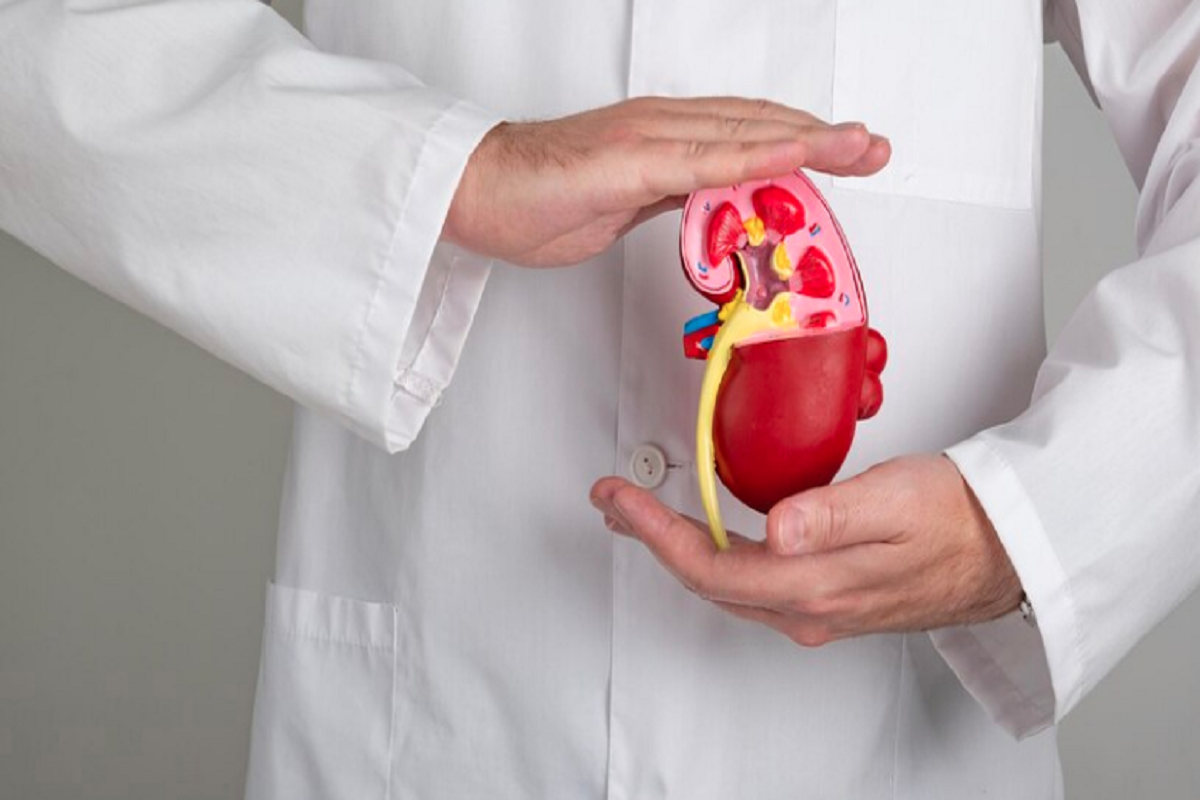
Kidney Transplant in Turkey: Cost
The cost of kidney transplant in Turkey can vary depending on several factors, including the hospital or medical center chosen, the specific requirements of the patient, the type of transplant procedure, and any additional medical services needed.
However, in general, the cost of kidney transplantation is relatively lower compared to many other countries, making it an attractive option for patients seeking affordable yet high-quality medical care.
On average, the total cost of kidney transplant surgery in Turkey may range from $14,000 to $20,000 USD, including pre-operative evaluations, the transplant procedure itself, hospital stay, post-operative care, and necessary medications.
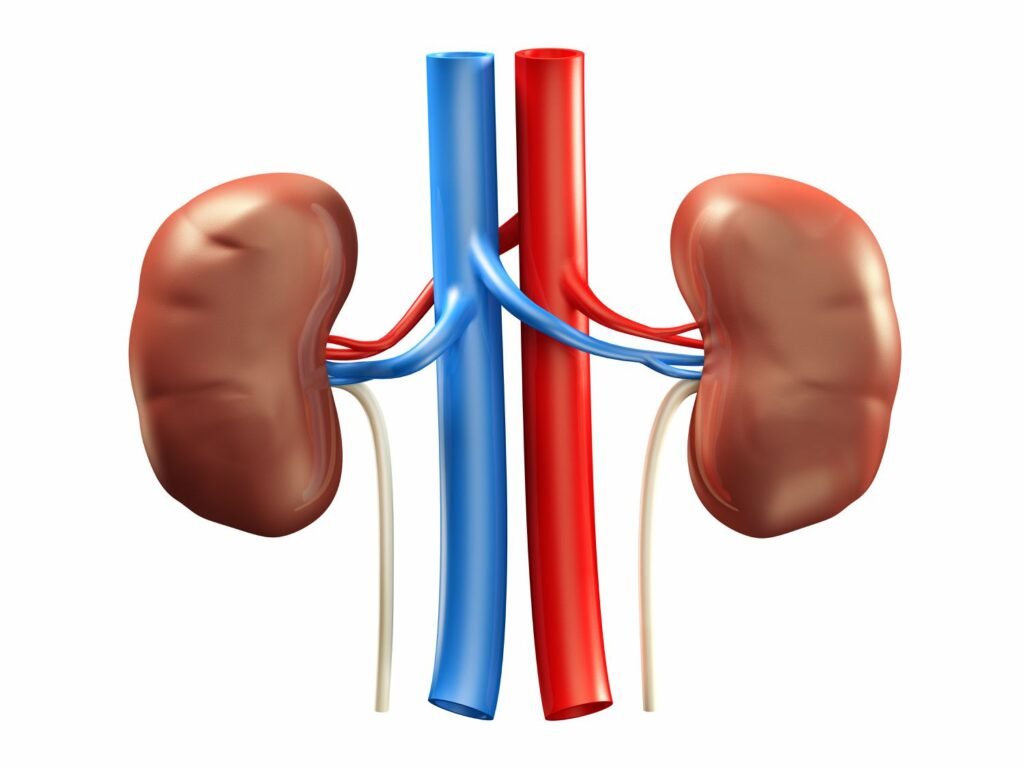
Summary
- Kidney Transplant in Turkey for Foreigners
- pre-operative evaluations for kidney transplant surgery
- The complications of kidney transplantation surgery
- How many kidney transplants can a person have?
- What happens after the kidney transplant in Turkey?
- How long can a person live after a kidney transplant?
Kidney Transplant in Turkey for Foreigners:
Foreigners can undergo kidney transplantation in Turkey. However, the eligibility criteria and regulations may vary depending on the specific policies and guidelines set by Turkish healthcare authorities. Kidney transplantation for foreigners in Turkey is limited to certain circumstances, such as having a living relative donor up to the fourth degree of relation, a close family friend can also become a donor, in this case, your file will be submitted to the ethics committee, and you must prove it with the necessary official documents.

What are the pre-operative evaluations for kidney transplant surgery?
Pre-operative evaluations for kidney transplant in Turkey are comprehensive and aim to assess the overall health of both the recipient and the potential donor. These evaluations typically include:
1. Medical history review: Gathering detailed information about the recipient’s medical history, including past illnesses, surgeries, medications, and any underlying medical conditions such as diabetes or hypertension.
2. Physical examination: A thorough physical examination to assess the recipient’s general health status, including vital signs, heart and lung function, and signs of any complications related to kidney disease or other medical conditions.
3. Laboratory tests: Blood tests to evaluate kidney function, assess blood type compatibility between the donor and recipient, screen for infectious diseases, and identify any other potential health concerns.
4. Imaging studies: Imaging tests such as ultrasound, CT scan, or MRI to assess the anatomy of the recipient’s abdomen and pelvis, evaluate the condition of the kidneys, and identify any abnormalities that may affect the transplant surgery.
5. Psychological evaluation: Psychological assessment to evaluate the recipient’s mental and emotional readiness for the transplant surgery, as well as their understanding of the procedure, potential risks, and post-operative care requirements.
6. Donor evaluation: For living donor kidney transplants, the potential donor undergoes similar pre-operative evaluations to ensure they are healthy enough to donate a kidney safely. This includes medical history review, physical examination, laboratory tests, imaging studies, and psychological assessment.
Overall, pre-operative evaluations for kidney transplant surgery in Turkey are comprehensive and multidisciplinary, involving a team of healthcare professionals to assess the recipient’s and donor’s suitability for the procedure and optimize the chances of a successful outcome.
What are the complications of kidney transplantation surgery?
Here are the key complications of kidney transplant surgery:
1. Rejection: The body may recognize the transplanted kidney as foreign and attack it.
2. Infection: Immunosuppressive medications can increase the risk of infections.
3. Surgical complications: Rare, but may include bleeding or injury during surgery.
4. Cardiovascular issues: Increased risk of high blood pressure, heart disease, and stroke.
5. Diabetes: Some medications can increase the risk of diabetes or worsen existing diabetes.
6. Decline in kidney function: The transplanted kidney may not function optimally over time.
7. Cancer: Passing on of an infection or cancer from the donor organ.
Regular monitoring and adherence to medication and lifestyle recommendations can help manage these risks and ensure long-term success.
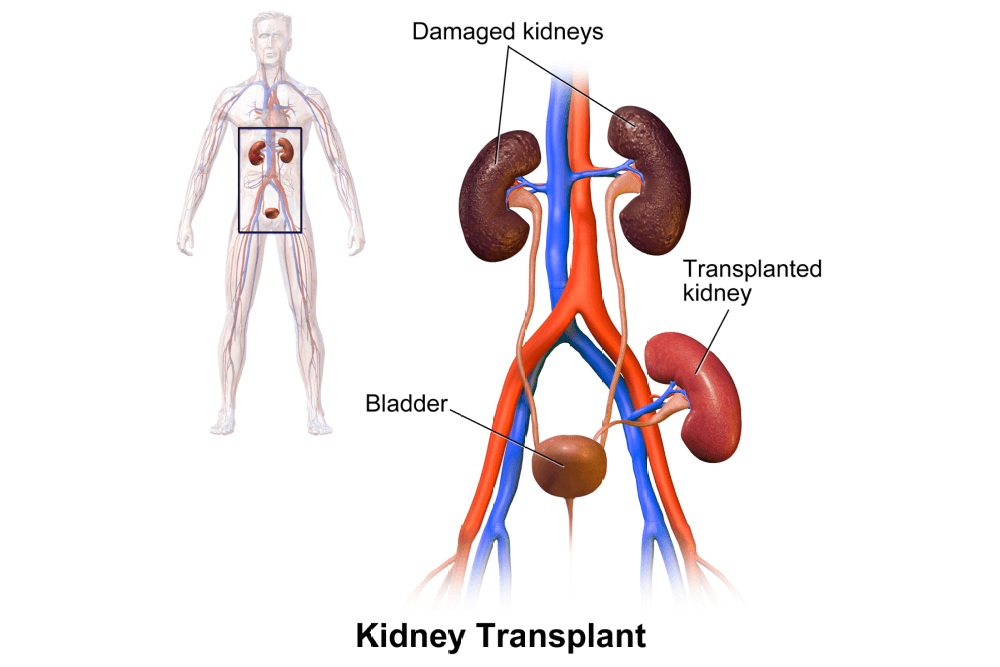
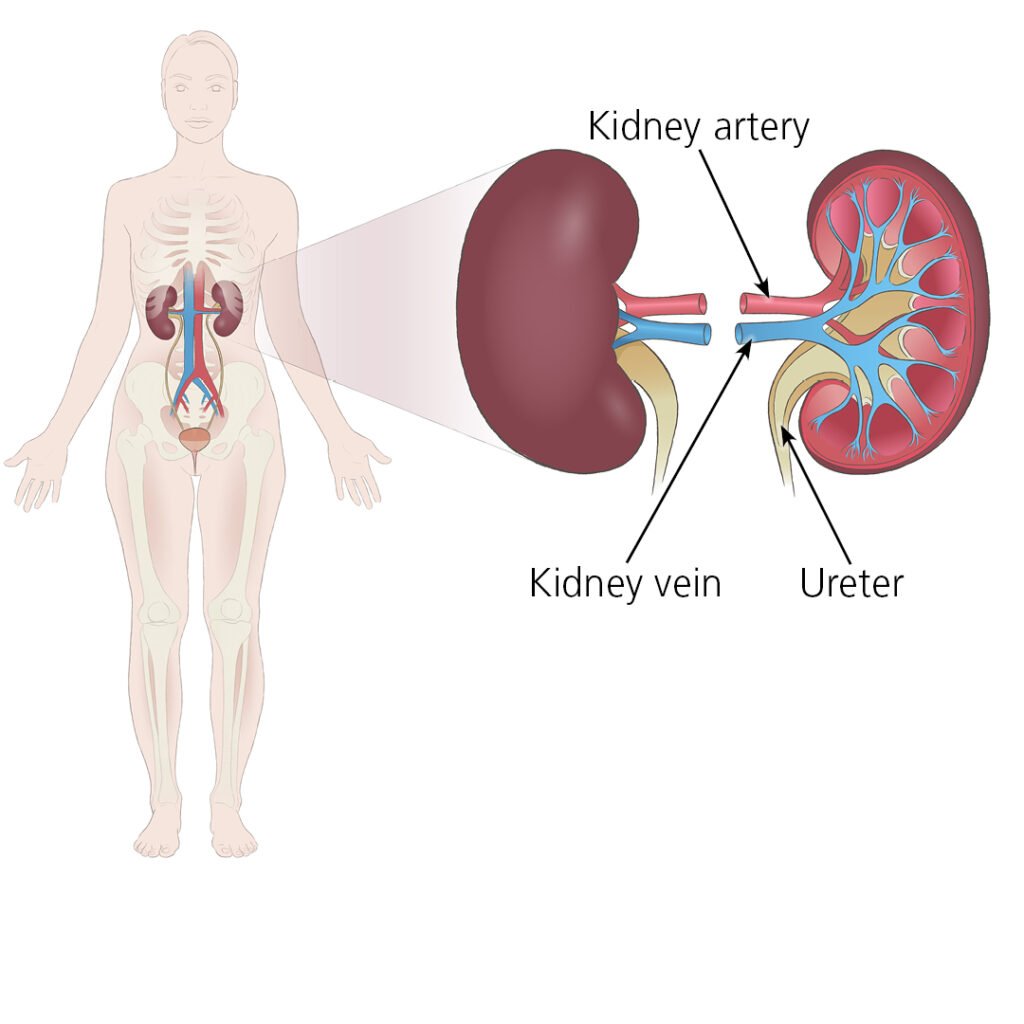
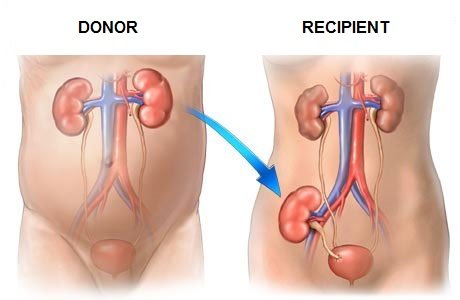
How many kidney transplants can a person have?
There isn’t a specific limit to the number of kidney transplants a person can have. However, each subsequent transplant becomes more challenging due to factors such as previous surgeries and availability of suitable donors. Ultimately, the decision for additional transplants depends on individual health and eligibility, and should be made with guidance from a healthcare team.

What happens after the kidney transplant in Turkey?
After kidney transplant surgery in Turkey, recipients typically stay in the hospital for a few days to a week for monitoring. They receive immunosuppressive medications to prevent rejection of the new kidney. After discharge, they have regular follow-up appointments with their transplant team to monitor kidney function, adjust medications, and watch for complications. Recipients also need to make lifestyle modifications, such as following a healthy diet and avoiding certain activities that may compromise the transplanted kidney. Long-term, recipients require lifelong care to ensure the health and function of the transplanted kidney.
How long can a person live after a kidney transplant?
The life expectancy of a person after a kidney transplant varies. On average, many recipients can expect to live for 10 to 15 years or more. However, individual factors such as overall health, age, and adherence to treatment play a significant role. With proper care, many recipients can live healthy, active lives for decades after the transplant.
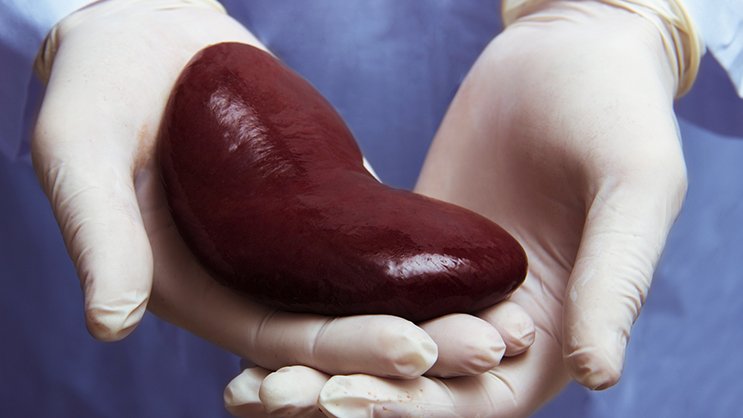
Ready to take the next step towards better health? Booking an appointment at Golden Medical is easy and convenient!






